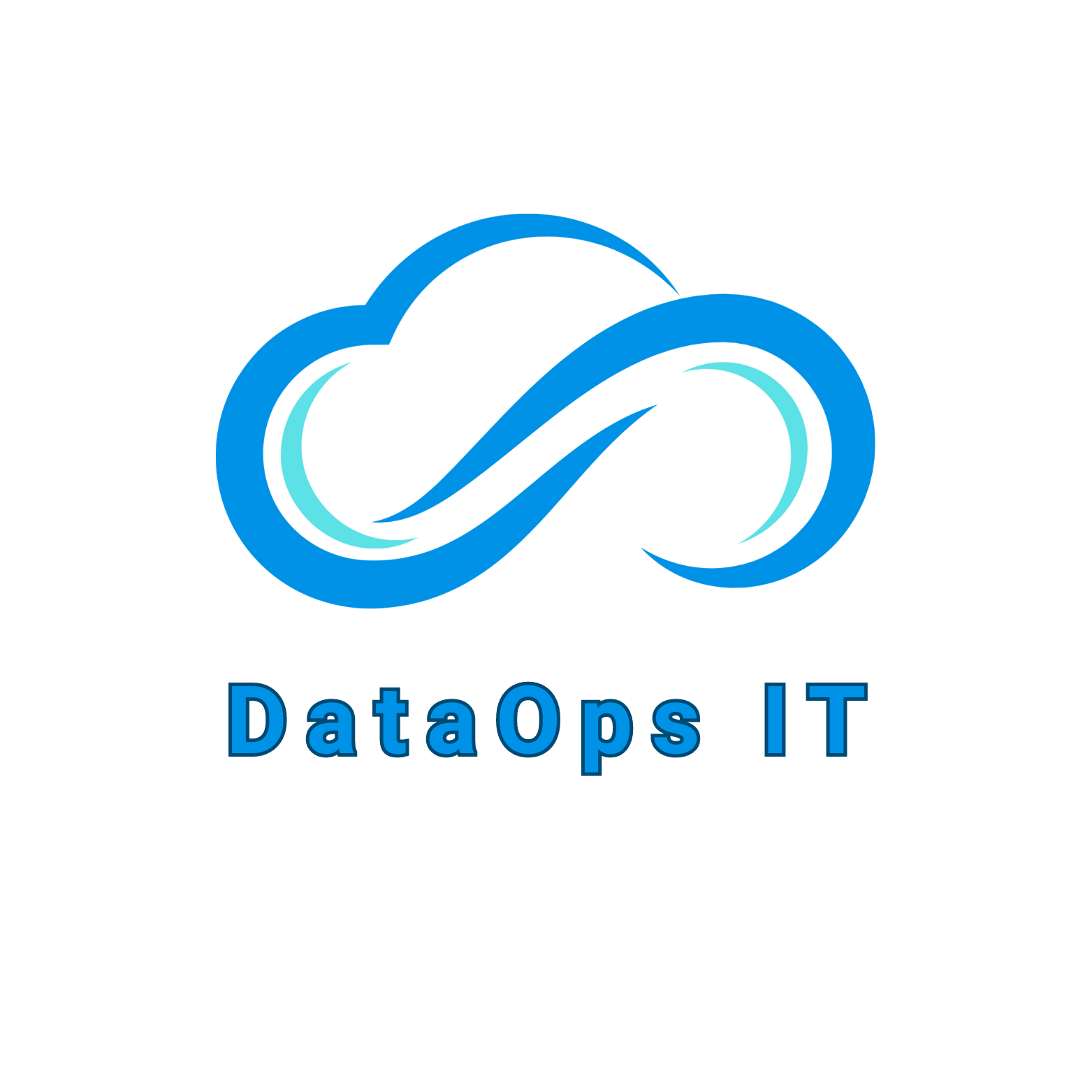Cloud Security 2025 – DataOps IT

In 2025, more businesses than ever before are running entirely in the cloud. From small startups to global enterprises, the cloud has become the engine room powering apps, data, and digital operations. But as the cloud grows more powerful, so do the risks.
That’s where cloud security comes in.
It’s no longer just a backend concern for IT teams. Security now plays a front-and-center role in how companies design, build, and scale their services. And two of the biggest cloud platforms—Amazon Web Services (AWS) and Google Cloud Platform (GCP)—are approaching cloud security in their own unique ways.
So, what exactly are AWS and Google Cloud doing differently in 2025? And why should it matter to your business?
Let’s break it down.
Security Today Is About More Than Just Firewalls
Not long ago, cloud security mostly meant protecting your server and making sure your passwords were strong. But today, the landscape is very different.
We live in a world where:
- Workforces are remote and global.
- Cyberattacks are powered by AI.
- Data regulations are tightening around the globe.
- And businesses are storing more customer data than ever.
Security in 2025 means building trust, preventing data loss, and staying ready for anything. And cloud providers know this. That’s why AWS and Google Cloud are working hard to stay one step ahead.

How AWS Approaches Security in 2025?
AWS has always positioned itself as a cloud platform that gives customers maximum control. That approach continues in 2025—but with more intelligence and automation than ever.
If you’re using AWS, you’ll find it gives you deep control over security settings. Want to manage your own encryption keys? You can. Want to create highly specific access rules for every user, system, and API? AWS has you covered.
But all that power also means you’re responsible for configuring it correctly. This flexibility is great for larger teams with DevOps and security expertise, but it can feel a little intimidating if you’re a small team or a solo founder.
That’s why AWS is focusing more now on automated security tools. For example, it uses machine learning to scan your systems for threats or misconfigurations and sends real-time alerts. AWS is also embracing the Zero Trust model, where every access request is verified—no matter where it comes from.
In short, AWS is like a high-security vault: strong, detailed, and built to scale. But you have to know how to lock all the doors properly.
How Google Cloud Takes a Different Path?
Google Cloud is taking a simpler, more guided approach. Its philosophy in 2025 is all about “secure by default.” That means it builds smart, secure settings into its services from the start—so users don’t have to think too hard about what’s secure and what’s not.
This is great news for startups, smaller teams, and developers who want to focus more on building and less on configuration. Google Cloud has worked hard to remove complexity from the security process.
Google is also a leader in Zero Trust architecture, especially through its BeyondCorp Enterprise model. Instead of assuming users and devices inside your network are safe, Google verifies identity, location, and device health before granting access. This is a game-changer for companies with remote teams or multiple cloud environments.
In 2025, Google is also leading the charge in confidential computing—which allows data to remain encrypted even while it’s being processed. This is especially useful for companies in healthcare, fintech, or industries dealing with sensitive personal data.
So if AWS is like a high-security vault, Google Cloud is more like a smart home with built-in security features that run quietly in the background.
Data Protection: Both Platforms Take It Seriously
Whether you choose AWS or Google Cloud, your data will be encrypted by default—both at rest and in transit. In 2025, this has become standard, and both providers go a step further by offering options for managing your own encryption keys.
AWS gives more manual control and options like BYOK (Bring Your Own Key), while Google Cloud keeps things more automated and easier to manage out of the box.
The key takeaway here is that both platforms offer strong data protection, but AWS puts more control in your hands, while Google keeps it simple.
Security Tools: What’s Available?
Both cloud platforms offer a rich set of tools in 2025 to help manage and monitor your security.
AWS tools include:
- AWS GuardDuty for threat detection
- AWS CloudTrail for logging activity
- AWS Security Hub for centralized monitoring
Google Cloud tools include:
- Cloud Armor for DDoS protection
- Security Command Center for risk analysis
- Chronicle (its security analytics tool) for real-time threat detection
Both platforms now offer AI-powered alerts that learn your systems over time and notify you if something unusual happens. This kind of smart detection is critical as cyberattacks become more sophisticated and harder to spot.

Compliance and Privacy in a Global World
Data privacy rules have only gotten stricter in 2025. Whether it’s GDPR, HIPAA, or new data residency laws in emerging markets, cloud platforms need to keep up.
AWS and Google Cloud both offer strong compliance support. They provide detailed documentation, automated tools, and data center locations around the world to help you meet local requirements.
However, Google Cloud has built a strong reputation for transparency and privacy, especially in the EU and privacy-conscious markets. If data compliance is a major concern for your business, this could influence your decision.
Which One Is Right for You?
Both AWS and Google Cloud are doing an impressive job at keeping cloud environments secure in 2025. But they cater to slightly different users:
- Choose AWS if you need full control, advanced configuration, and deep integration with a wide range of services. It’s great for companies with security teams or complex infrastructure.
- Choose Google Cloud if you prefer simplicity, smart defaults, and an easier learning curve—especially for startups or businesses that want strong security without constant hands-on management.
Final Thoughts: Cloud Security Isn’t Optional
No matter which platform you choose, security is not something you can afford to overlook. In 2025, customers, regulators, and investors expect your cloud setup to be airtight. Fortunately, both AWS and Google Cloud are giving businesses the tools, technologies, and guidance to stay safe.
The key is staying informed, testing your setup regularly, and not relying only on “default” settings. Cloud security is always evolving—and so should your approach to it.
Whether you go with AWS’s detailed toolkit or Google Cloud’s smart simplicity, the most important thing is this: stay proactive, not reactive. In the cloud, security is a shared responsibility—and the future belongs to the teams that take it seriously.

